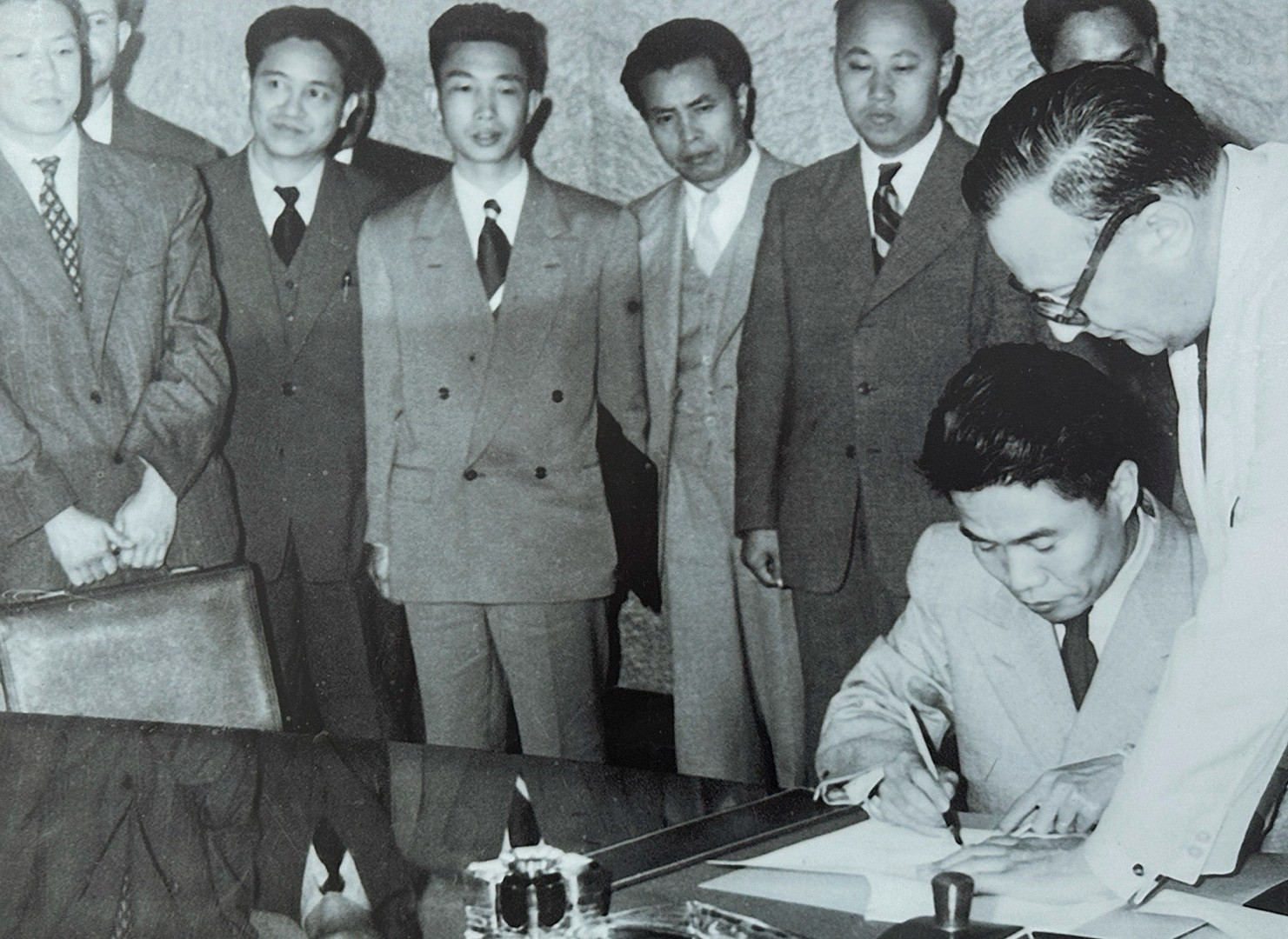
Seventy years ago, the Geneva Agreement on the Cessation of Hostilities in Vietnam was signed, opening up a new chapter in the country’s struggle for national liberation and reunification.
Along with the 1946 Preliminary Agreement and the 1973 Paris Agreement, the 1954 Geneva Agreement was a glorious milestone in Vietnam’s revolutionary diplomacy, bearing the imprint of President Ho Chi Minh’s ideology, style and art of diplomacy. It was also a vivid demonstration of the country’s “bamboo diplomacy”, as recognised by international experts.
From Dien Bien Phu to Geneva
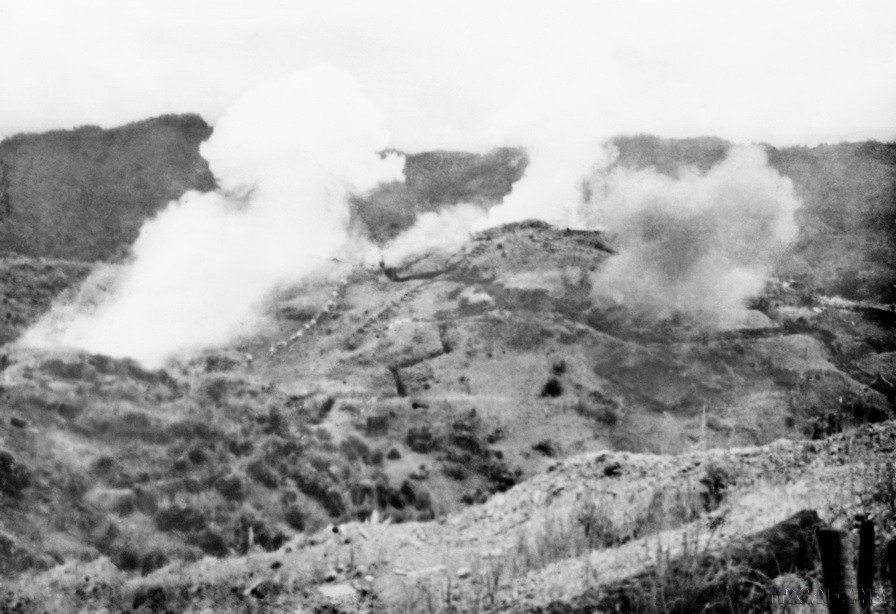


The Geneva Conference begins on May 8, 1954, only one day after the resounding Dien Bien Phu victory, to discuss the restoration of peace in Indochina. (Photo: VNA)
On May 8, 1954, one day after the Dien Bien Phu victory that “echoed across five continents and shook the entire world”, the Geneva Conference began to discuss the restoration of peace in Indochina.
After 75 days of complicated and intense negotiations with 31 sessions, the Geneva Agreements was signed on July 21, 1954. This, coupled with the Final Declaration on Restoring Peace in Indochina, affirmed the independence, sovereignty, unity, and territorial integrity of Vietnam, prevented the deployment of military officers and personnel to Vietnam, and determined the temporary nature of military borders as well as the need for an eventual free general election, among others.

In his rally following the successful Geneva Conference on July 22, 1954, President Ho Chi Minh announced that: “The Geneva Conference has concluded, and Vietnam’s diplomacy has achieved a great victory.” Indeed, while France only recognised Vietnam as a free state within the French Union in the 1946 Preliminary Agreement, with the Geneva Agreement, for the first time in the history of our country, Vietnam’s fundamental rights of a nation, including independence, sovereignty, unity, and territorial integrity, were officially affirmed in an international treaty, and recognised by countries at the Geneva Conference. This constituted an important political and legal basis for our people to continue the fight on political and diplomatic fronts, so as to subsequently liberate the South and reunite the country.

Together with the Dien Bien Phu victory, the signing of the Geneva Agreement led to the successful conclusion of the Vietnamese people’s resistance war against the French colonial empire, and put a decisive end to the reign of colonialism over Vietnam for nearly 100 years.
According to history books, the Agreement had thus paved the way for a new strategic phase for Vietnam’s revolution – the building of socialism in the North, and the pursuit of national and people’s democratic revolution in the South, with a view to truly achieving national independence and reunification.
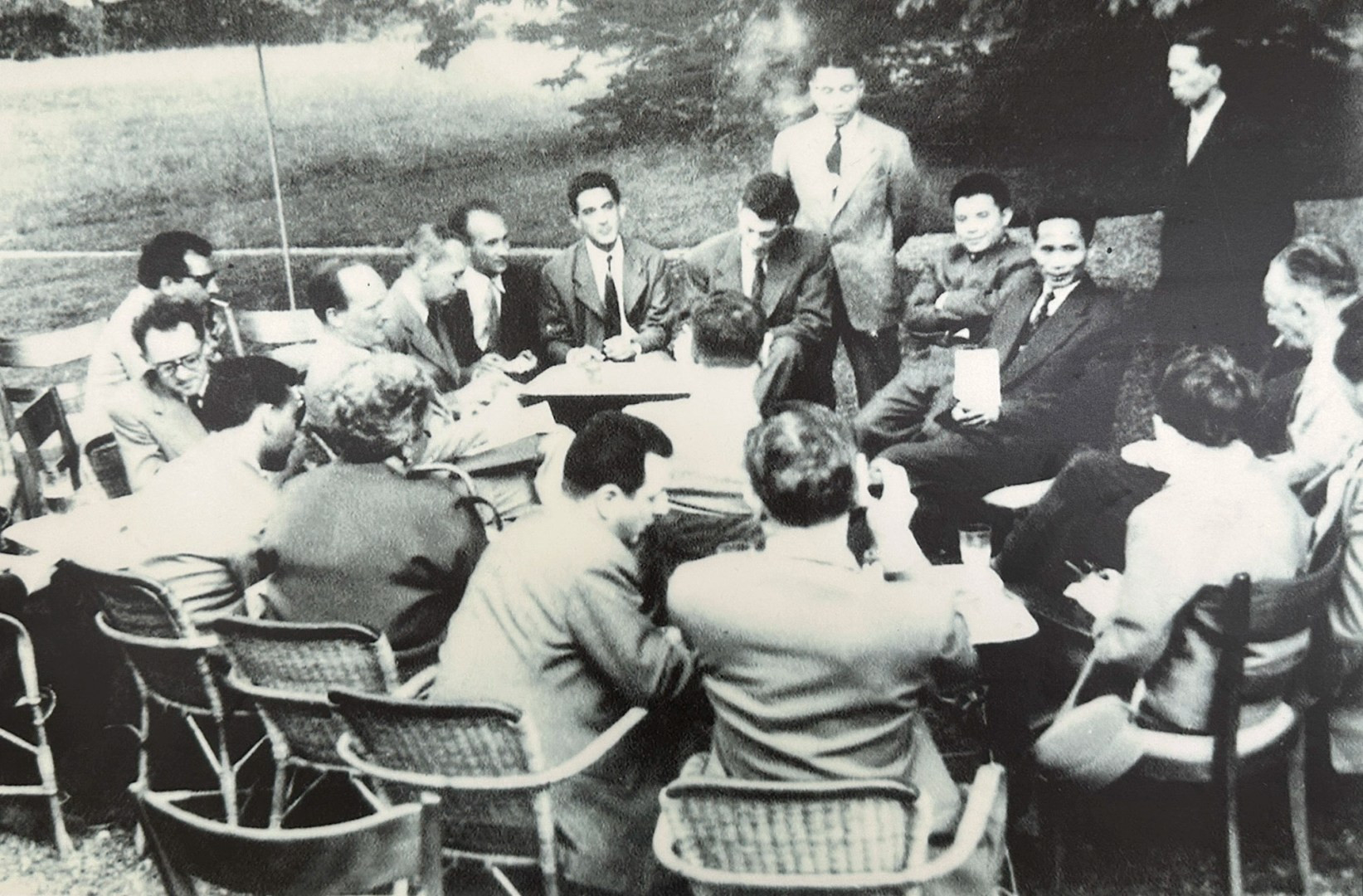
Flexible yet resolute tactics key to Vietnam’s negotiation success
“Flexible yet resolute tactics were key principles all members of the Democratic Republic of Vietnam’s delegation attending the Geneva Conference on Indochina adhered to throughout the negotiation,” Ha Thi Ngoc Ha, daughter of Ambassador Ha Van Lau, a member of the Geneva delegation retold the stories her father shared with her many years after the historic conference.
Ha’s father, Ha Van Lau, was Director-General of the General Staff of the Vietnam People’s Army’s Department of Operations at the time he was assigned by Deputy Prime Minister Pham Van Dong to join the Geneva conference’s negotiations in 1954.
“Deputy Prime Minister Pham Van Dong asked my father and other members of the delegation to stay focused and vigilant at the Geneva Conference because France, though conceding defeat in the Dien Bien Phu battle just one day before, would not accept humiliation at the negotiating table,” Ha recalled. From her father’s stories, Ha also learnt that flexibility was extremely important in negotiations for all sides involved to reach mutually agreeable deals even though diplomats must stay consistent to their core principles.
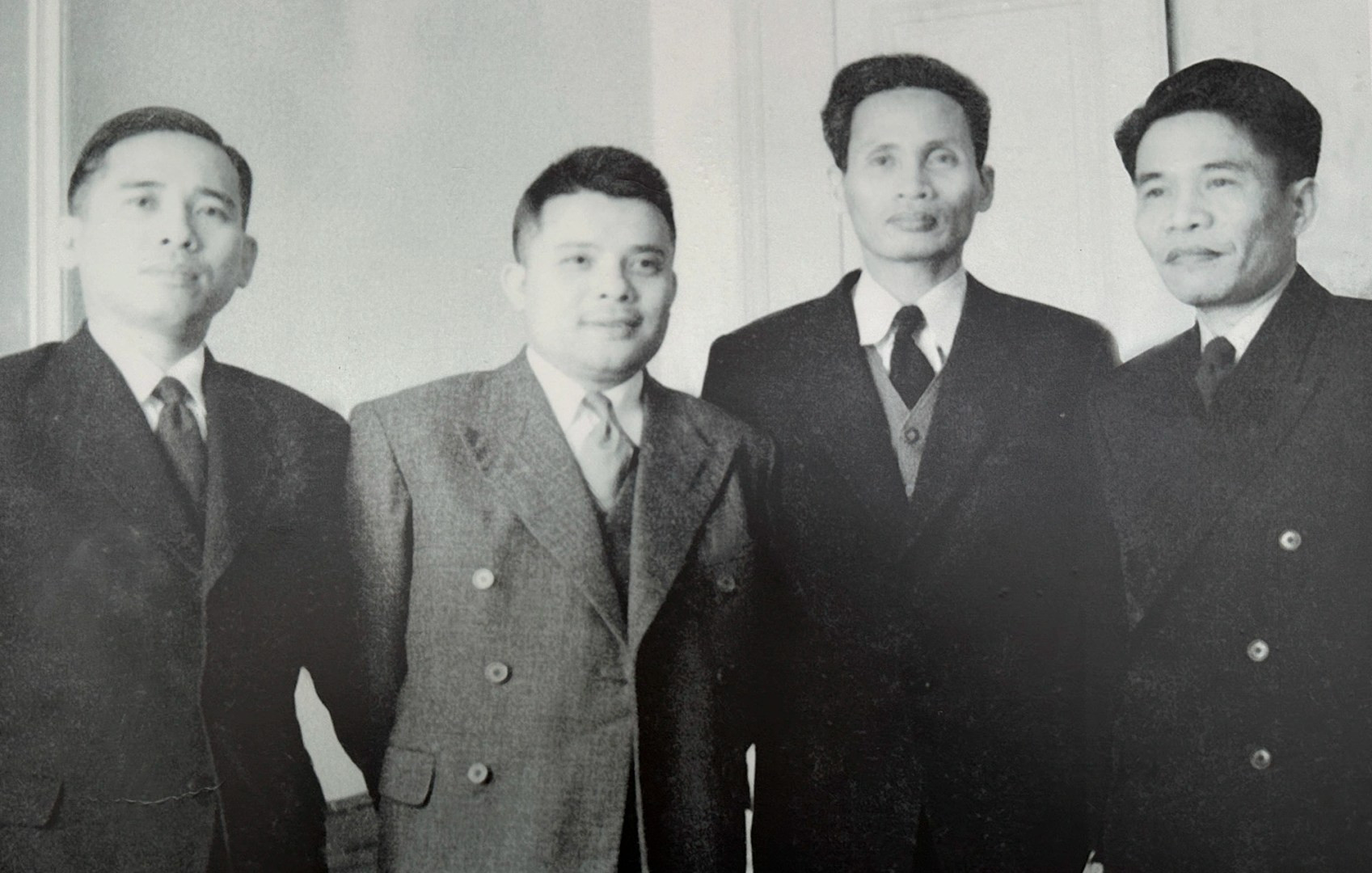
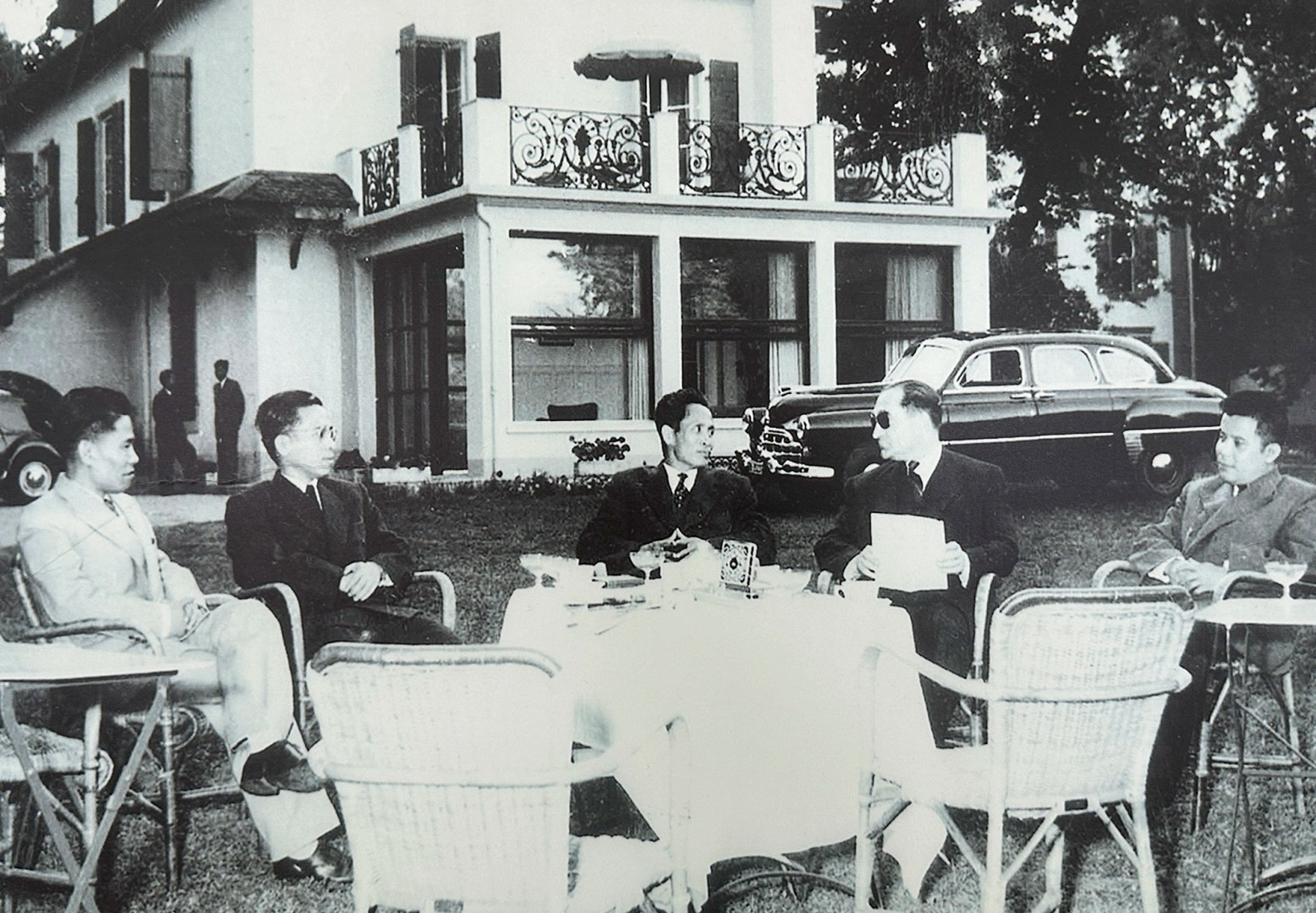
The Geneva Agreement resolved the Indochina issue in accordance with the stance of the Democratic Republic of Vietnam, that was establishing peace on the basis of respect for the right of national unity, independence, and democracy of the three countries in the region.

Commenting on Vietnam’s tactics in signing the Geneva Agreement, Pierre Asselin, Professor of History at San Diego State University, the US, said: “In signing the Geneva Agreement, President Ho Chi Minh hoped for the best but also prepared for the worst.”
Pham Van Dong and other negotiators of the the Democratic Republic of Vietnam faced many challenges. I think that Vietnamese diplomacy was quite shrewd and sensible in Geneva. In the final analysis, they worked and availed themselves well.
Pierre Asselin, Professor of History at San Diego State University, the US
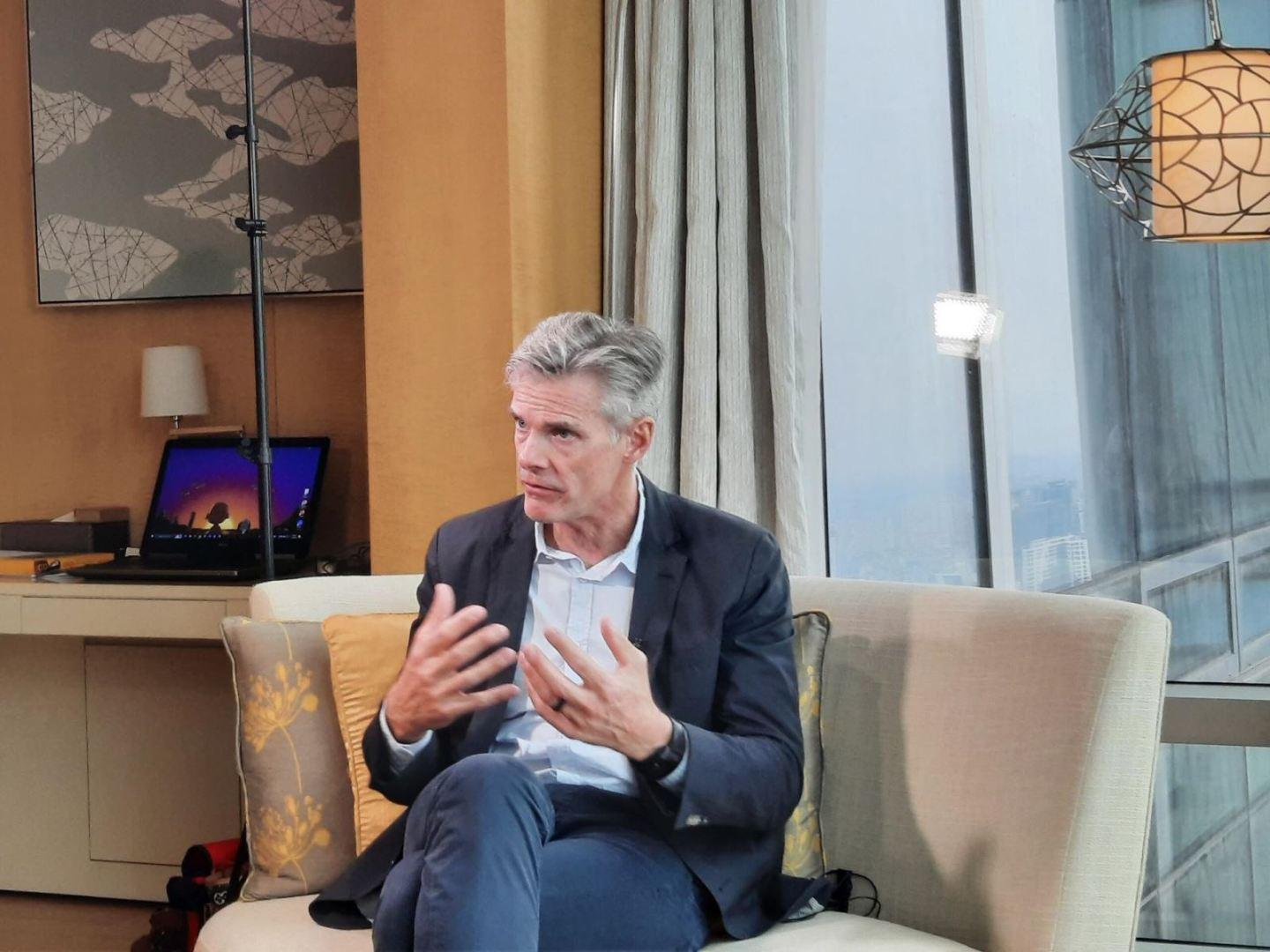

“Understanding the views and strategic intentions of major powers, Vietnam handled the situation flexibly through both bilateral and multilateral meetings and exchanges during the negotiations.”
Emeritus Professor Carl Thayer, New South Wales University, Australia
Talking to Vietnam News Agency on the occasion of 70 year- anniversary of Geneva Agreement, Emeritus Professor Carl Thayer from New South Wales University, Australia, said “bamboo diplomacy was illustrated through the negotiations of the Geneva Agreement. The Vietnamese negotiators stayed steadfast on their goals of independence and freedom but flexible about how to achieve them”.
International support, solidarity treasured
With the signing of the Geneva Agreement in 1954, Vietnam showed the world the country did not just win international support through official diplomatic channels but also getting help and encouragement from the general public of many countries. President Ho Chi Minh and other Vietnamese leaders were able to maneuver gracefully the “people-to-people diplomacy”, contributing remarkably to the victory of the Democratic Republic of Vietnam at the Geneva Conference.
It was French people’s support to the Vietnamese Party, Government and people that became a crucial factor in the negotiations at that time, Australian Professor Carl Thayer pointed out.
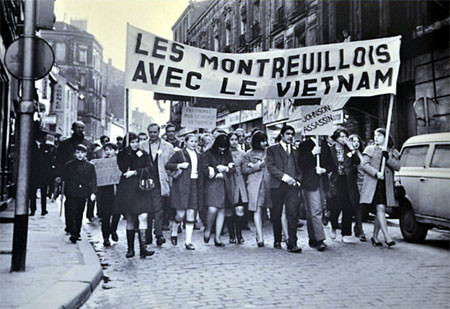
The French organise public demonstrations against the war in Indochina. (File Photo)
“In 1953 when I was eight years old and living in France, there were public demonstrations against the war in Indochina. They called the war in Indochina “la sale guerre” (dirty war),” recalled Professor Thayer, a political expert best known for his profound studies about Vietnam.
During his journey to seek ways for national salvation, President Ho Chi Minh, a founder of the French Communist Party, was well aware of the importance of international support to national liberation efforts, Thayer noted. “The late leader of Vietnam penned many articles published on French newspapers, calling French people to back Vietnam’s just struggle”.
Pierre Asselin, Professor of History at San Diego State University, the US, shared the same view on the significance of diplomacy in national liberation movements. “Before and during the Geneva Conference, Ho Chi Minh and his Government waged a rather successful diplomatic struggle to win foreign friends’ support. I think this played an important role in forcing France to negotiate an end to the war”.

Many social organisations such as the Vietnam’s Women Union and the Vietnam General Confederation of Labour regularly dispatched their representatives to international conferences and forums where they called for international support for Vietnam’s battle for independence and at the same time, sending out a clear message that Vietnamese people would fight until their last breath to protect the independence and freedom of their country, just like French people did against German fascists.
France’s social-political organisations, including those of women and youths and trade unions, showed their acts of support in different forms, including collecting signatures to demand peace in Vietnam, convening meetings, and staging demonstrations across France, especially in big cities. Labourers in many French colonies in Africa like Algeria, Morocco, Tunisia and Madagascar also overtly showed their support in various forms.
Workers at ports in North Africa launched strikes protesting the transfer of weapons to the Southeast Asian nation. In Thailand, India, Indonesia, Myanmar and some capitalist countries such as West Germany, Austria and Australia, the support Vietnam movements spread rapidly.
Some international organisations like the World Federation of Trade Unions and the World Peace Council issued resolutions strongly condemning the French invasion and demanding an immediate end to the war and restoration of peace in Indochina. Vietnam also received valuable support and assistance from neighbouring countries of Laos and Cambodia throughout its resistance wars against invasion forces.
Valuable diplomatic lessons
According to Minister of Foreign Affairs Bui Thanh Son, the negotiations, signing and implementation of the Geneva Agreement have retained their values as a guidebook for Vietnam’s diplomacy, with various lessons on distinctive principles, methods and the art of the Ho Chi Minh diplomacy until today.
It is the lesson of using the combined strength of the nation and the times, and of national and international solidarity to create “an unparalleled might.” Apart from harnessing our country’s righteous cause and great national unity, the Party made the accurate decision to further bolster Vietnam’s solidarity with the world, starting with Laos, Cambodia, socialist states, international friends, and the peace-lovers around the globe.
“During the negotiations of the agreement, we bolstered international solidarity, and took advantage of the support that foreign friends gave us in the Vietnamese people’s righteous struggle for national independence”, he stressed.
One timeless lesson is to rely on peaceful dialogue and negotiation to settle disputes and differences in international relations.
Minister of Foreign Affairs Bui Thanh Son

Another important one is to be unwavering in objectives and principles, and responsive in strategies, true to the principle of “to be firm in principles but flexible in their applications”.
President Ho Chi Minh stated that “our unflagging goals are peace, reunification, independence, and democracy. Our principles shall remain firm, and our actions flexible.”
One more lesson is to pay due importance to the work of research, assessment, and forecasting. It is necessary to “know oneself” and “know others” and know when to “seize the times” and “seize the opportunities”, so as to “know when to advance and when to retreat”, and “know when to take a tough or soft stance.” This is an insightful experience, especially when the world today is facing major, complex, and unpredictable shifts.
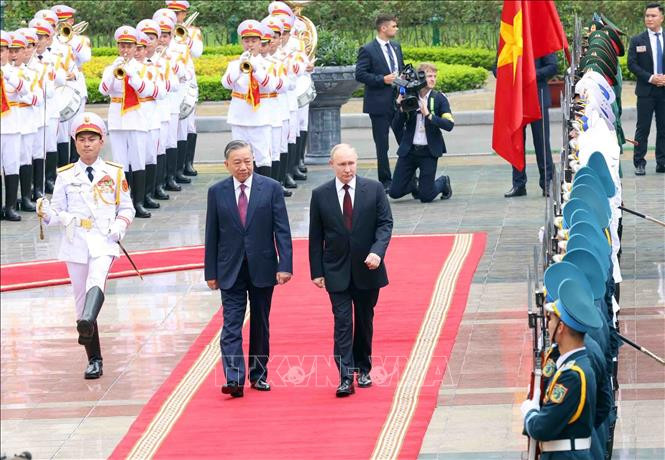
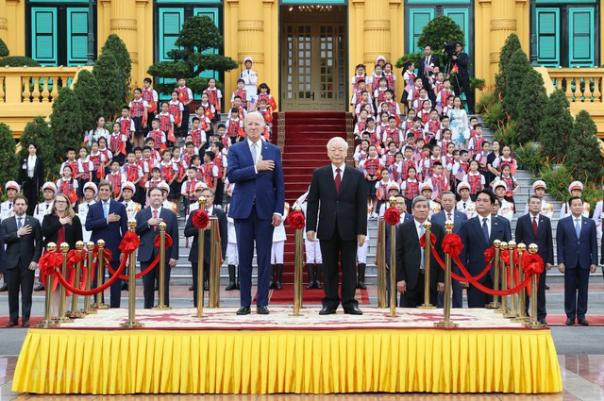
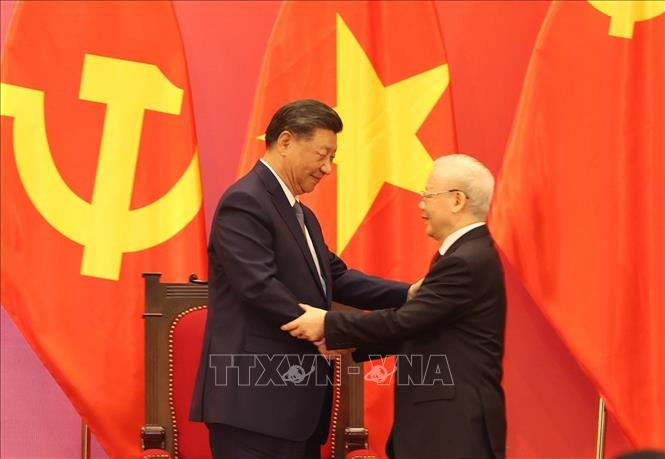
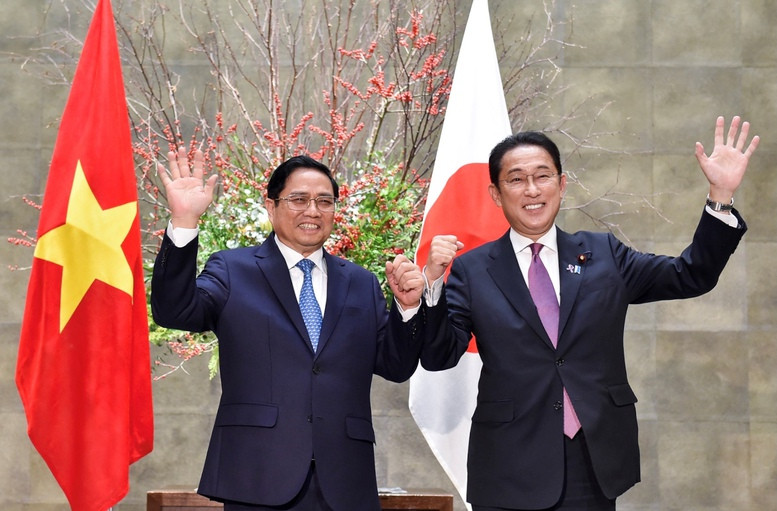


Vietnam has been consistent with its foreign policy of independence, self-reliance, diversification and multilateralisation of international relations. (Photo: VNA)
One more timeless lesson is to rely on peaceful dialogue and negotiation to settle disputes and differences in international relations. In tandem with the launching of the 1953 – 1954 Winter – Spring Offensive, the Communist Party of Vietnam opted for peace talks to put an end to the war and forge a new path in the discussion to cease hostilities in Indochina. While perspectives regarding the matter may differ, it is irrefutable that the Geneva Conference offered a timeless lesson on addressing international conflicts and disagreements through peaceful means, particularly at present, when the world is facing numerous complicated disputes.
The final lesson, Minister Son says, is the holistic and overarching leadership of the Party in Vietnam people’s revolutionary cause and the battle on the diplomatic front in particular. The Communist Party of Vietnam put in place accurate guidelines, orientations, and strategies for Vietnam’s revolution, established a proactive diplomatic front that was utilized in tandem with political and military efforts to foster a collective strength and best ensure our national interests.
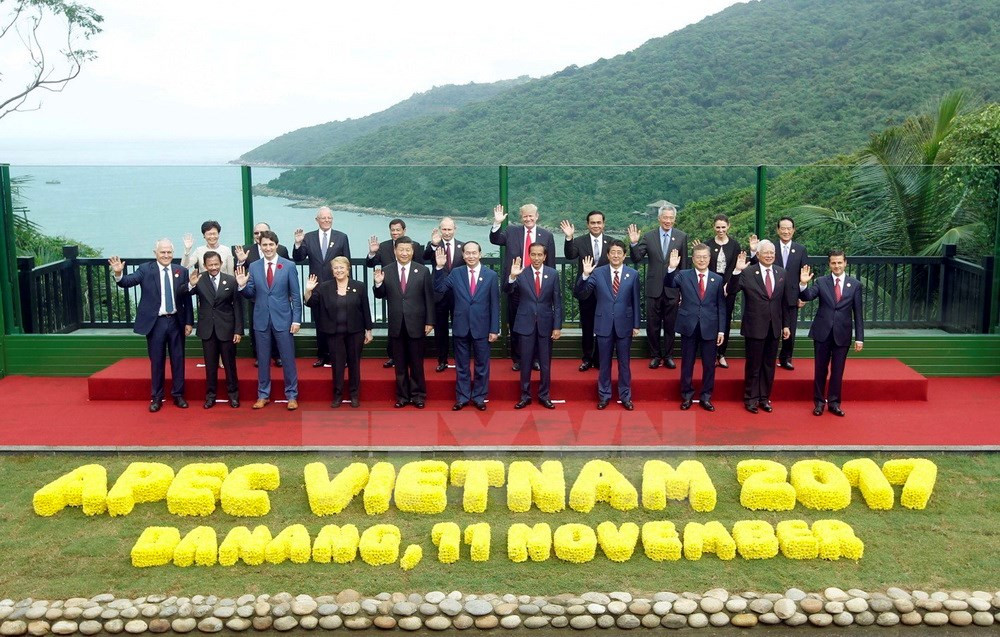


Vietnam has been a reliable friend and responsible member of the international community. (Photo: VNA)
In nearly four decades of Doi moi (Reform), Vietnam has upheld its foreign policy of independence, self-reliance, diversification and multilateralisation of international relations, proactively integrated into the world, and become a reliable friend and responsible member of the international community.
To date, the country has set up diplomatic ties with 193 UN member states, and established strategic and comprehensive strategic partnerships with 30 countries. It has engaged in
and negotiated 19 free trade agreements to shape up an extensive economic
network with more than 60 economies./.
VNA
